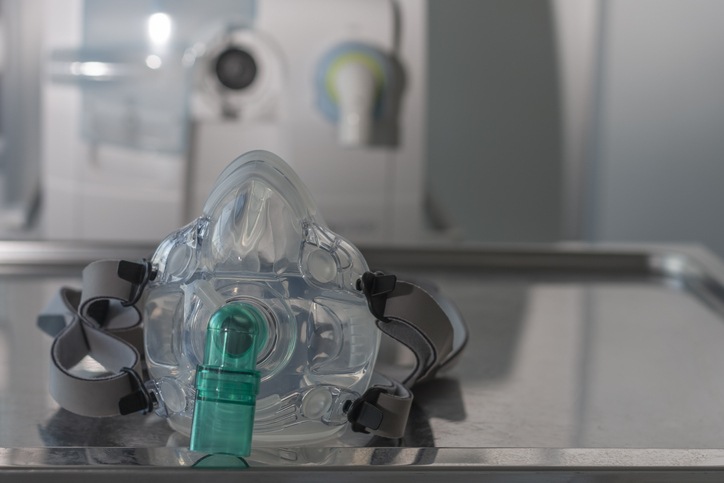
Solriamfetol is indicated to treat excessive daytime sleepiness (EDS) due to obstructive sleep apnea and has been proven to improve quality of life in short-term studies of patients with OSA. A study presented at the CHEST Annual Meeting 2020 evaluated its efficacy on functional outcomes in a long-term study’s randomized withdrawal (RW) phase.
The present analysis included patients with OSA who took part in a previous trial of solriamfetol. Open-label solriamfetol treatment was performed for about six months, at which time a subgroup of patients was randomized for the two-week RW phase to receive either placebo (n=101) or solriamfetol (n=99). Assessments included change in Functional Outcomes of Sleep Questionnaire (FOSQ-10) total score and Epworth Sleepiness Scale (ESS) score from initiation to conclusion of the RW phase, as well as the percentage of patients who were reported as worse per the Patient Global Impression of Change (PGI-C) and Clinician Global Impression of Change (CGI-C).
The placebo and solriamfetol groups did not significantly differ in FOSQ-10 total and ESS scores at the start of the RW phase. By the end of the RW phase, placebo patients experienced worsening FOSQ-10 total scores (least squares [LS] mean change, –2.4), while the solriamfetol group maintained their scores (LS mean change, –0.8; LS mean difference, 1.6; 95% confidence interval [CI], 0.80-2.37; P=0.0001).
At the end of the RW phase, similar changes were observed in ESS score in the placebo (LS mean change, 4.9) and solriamfetol patients (LS mean change, 1.1; LS mean difference, –3.7; 95% CI, –5.07 to –2.38; P<0.0001), as well as the percentage of participants who reported as worse per the PGI-C (59% vs. 28%, respectively; LS mean difference, –31.3; 95% CI, –44.6 to –18.1; P<0.0001) and CGI-C (62% vs. 27%, respectively; LS mean difference, –35.4; 95% CI, –48.2 to –22.5; P<0.0001).
Adverse events reported by more than one participant during the RW phase were headache, hypertension, insomnia, and nasopharyngitis in the solriamfetol group and back pain, cough, and fatigue in the placebo group.
“These data support long-term maintenance of efficacy of solriamfetol for treating EDS and improving daily functioning in patients with OSA,” the researchers concluded.







 © 2025 Mashup Media, LLC, a Formedics Property. All Rights Reserved.
© 2025 Mashup Media, LLC, a Formedics Property. All Rights Reserved.